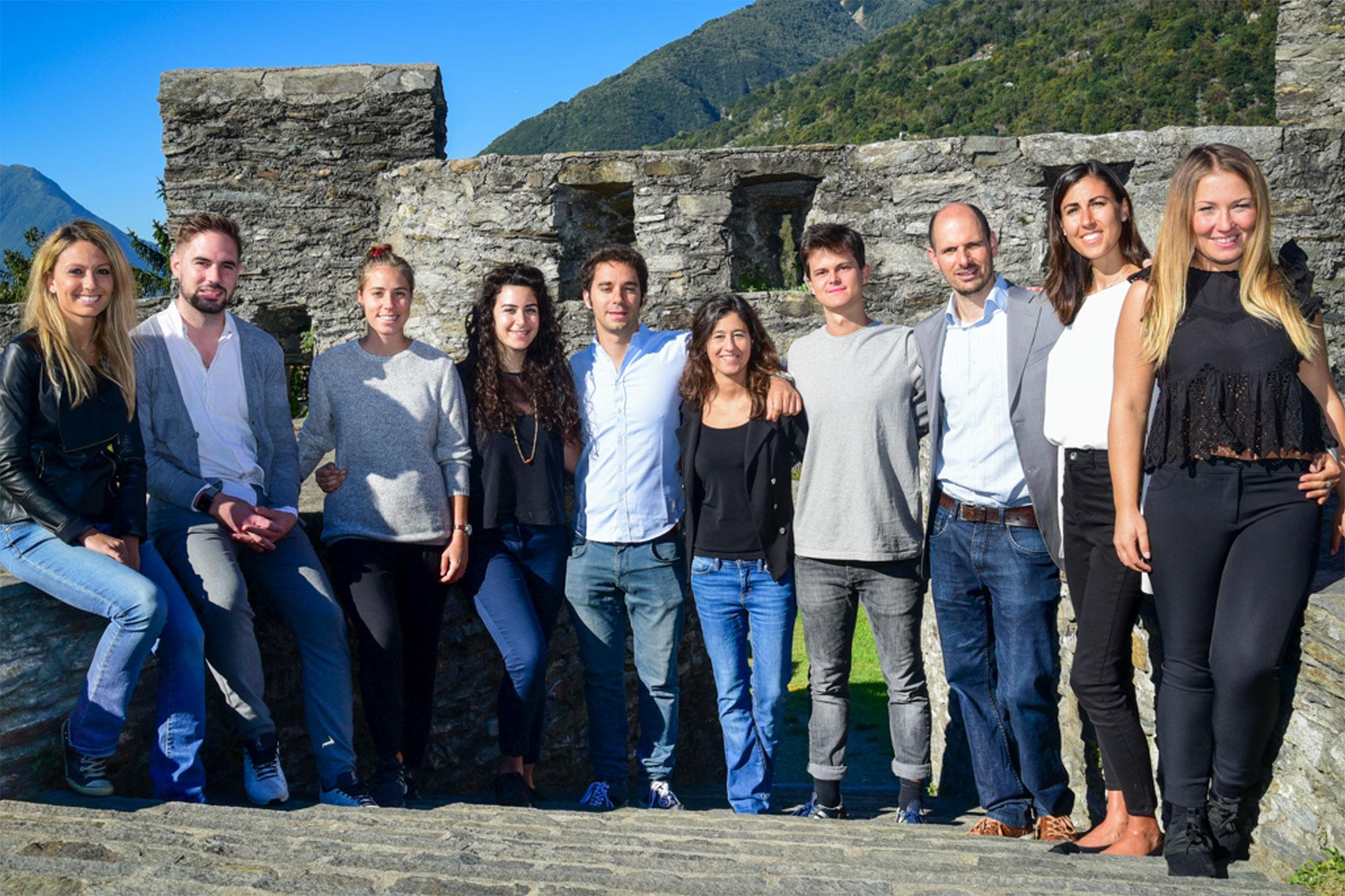(26) Adapting cell models more effectively to the situation in humans

"Researchers currently face a difficult situation," explains Jean-Philippe Theurillat, "because lack of data makes the choice of cell model more a matter of faith than an informed decision."
Project description
Cell models have made tremendous advances in recent decades. These models often involve human cells, for example cancer cells from patients, which are taken to a laboratory and used to study the disease and test new drugs. It is hoped that cell models will eventually replace animal testing.
But how well do individual cell models really describe the disease situation in humans? The poorer the model, the greater the risk that promising results from animal studies will fail in clinical trials in humans. "Researchers currently face a difficult situation," explains Jean-Philippe Theurillat, a professor at the Università della Svizzera italiana, "because lack of data makes the choice of cell model more a matter of faith than an informed decision."
His research project sets out to address this. Using the example of prostate cancer, the team will investigate the genetic differences between existing cell models and the situation in the patient. Which genes are turned on and off in the different models and under what conditions? The team will then use artificial intelligence to identify and analyse patterns. Last but not least, the team will use these data to try to adapt cell models more effectively to the situation in humans.
What is interesting about this approach, if it proves successful, is its broad applicability, i.e. it can also be transferred to other cell models.
Interested in the progress of this project?
You can find information about the scientific publications, events, collaborations, etc. carried out since the beginning of the research project here.
Original title
Transcriptome-Guided Reverse Engineering of Human Prostate Cancer
